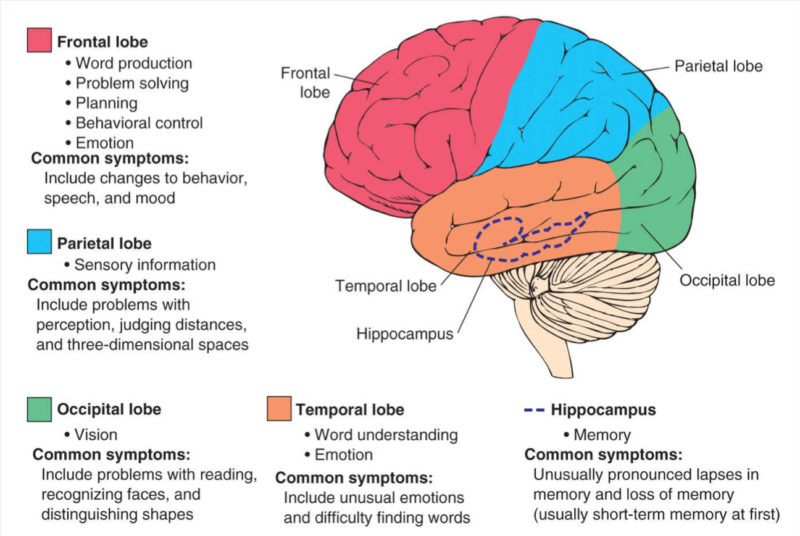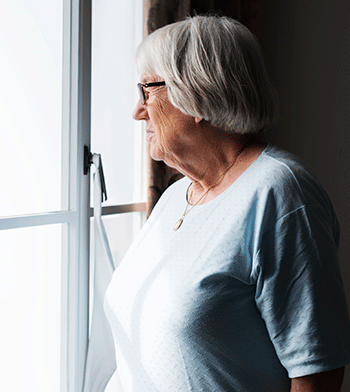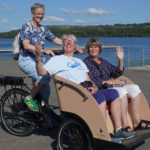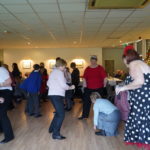Facts and figures on dementia
Symptoms depend on what part of the brain is involved.

Dementia is not a normal part of ageing. It is caused by diseases which lead to changes to the structure and chemistry of the brain. The most common is Alzheimer’s disease, changing the chemistry and structure of the brain leading to cells dying. Another common type is vascular dementia.
Around 90,000 people in Scotland have dementia. Dementia doesn’t just affect older people. Over 3,000 people in Scotland under the age of 65 have some form of dementia.
How dementia affects people
 People often associate dementia with only short-term memory loss.
People often associate dementia with only short-term memory loss.
It can affect the way people think, speak, perceive things, feel and behave. These symptoms can be very distressing for the person and the family.
Commonly difficulties include concentration, planning and thinking things through.
Many people have problems judging distances even though their eyes are fine.
Mood changes and difficulties controlling emotions are common too. Someone might become unusually sad, frightened, angry or easily upset. They could lose their self-confidence and become withdrawn.
Survey finding quotes
What have you found confusing or frustrating regarding dementia care or support for carers?
- Supporting someone at home is hard, and to get support for night hours. Keeping someone occupied with meaningful tasks
- Lack of awareness of dementia and understanding of different impacts of different parts of the brain
- Loss of memory, not knowing who you are, misplacing objects and medications’
- Changes in person. Just every day, continually dealing with changes in personality and confusion.
Ideas for supporting people and carers with dementia
Challenges:

- Home Support.
- General Awareness of Disease and signs and symptoms.
- Lack of understanding from other service providers on how dementia effects someone with a diagnosis and their carer.
- Lack of awareness of existing carers support available in Renfrewshire.
Dementia Friendly Lochwinnoch’s support role in the community:
- Home Support.
- Support groups offering holistic activities for those with dementia.
- Public and community awareness training.
- Service Providers to have information on support and organisations for signposting.








